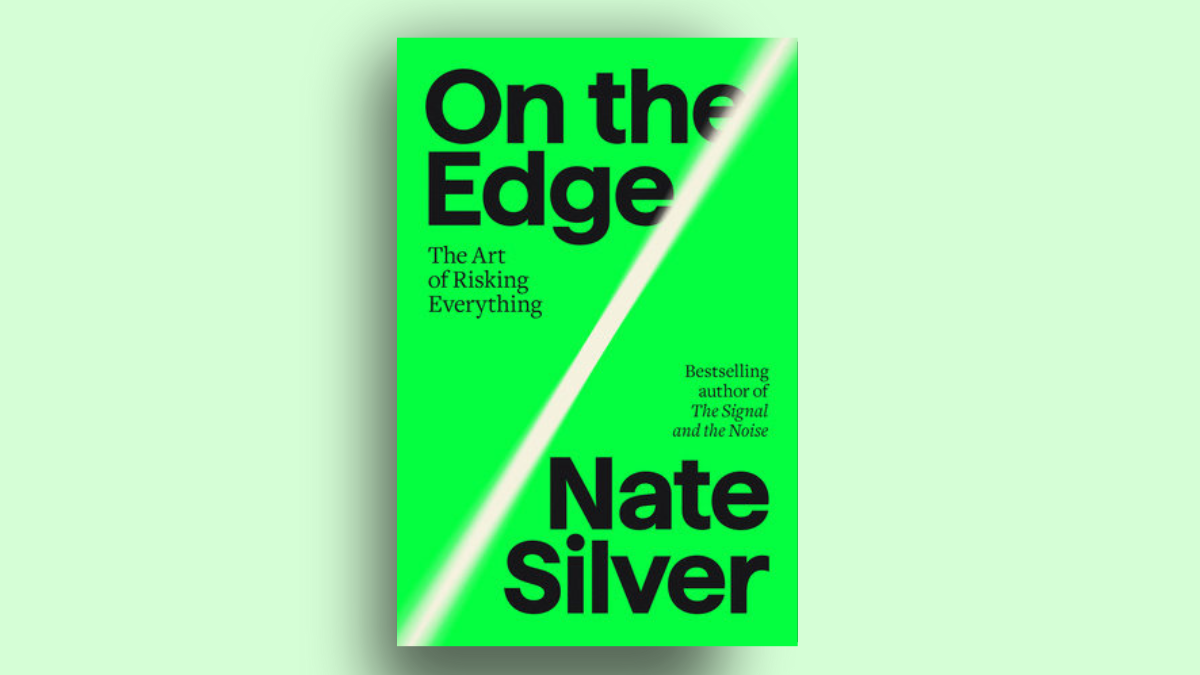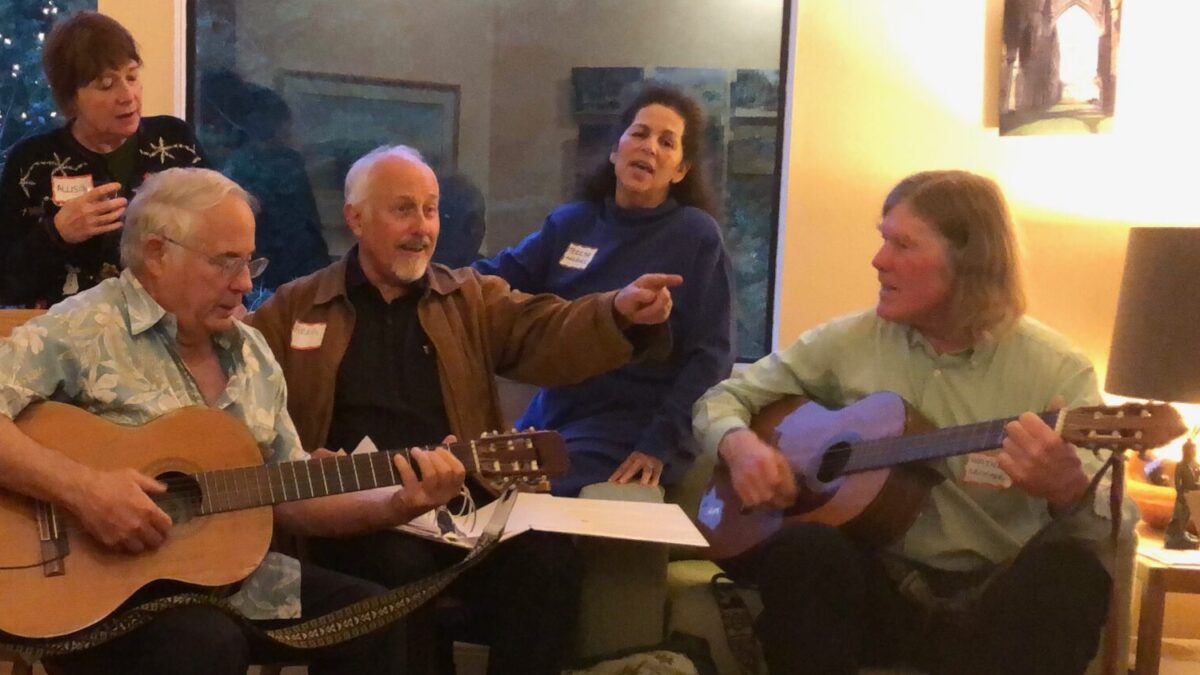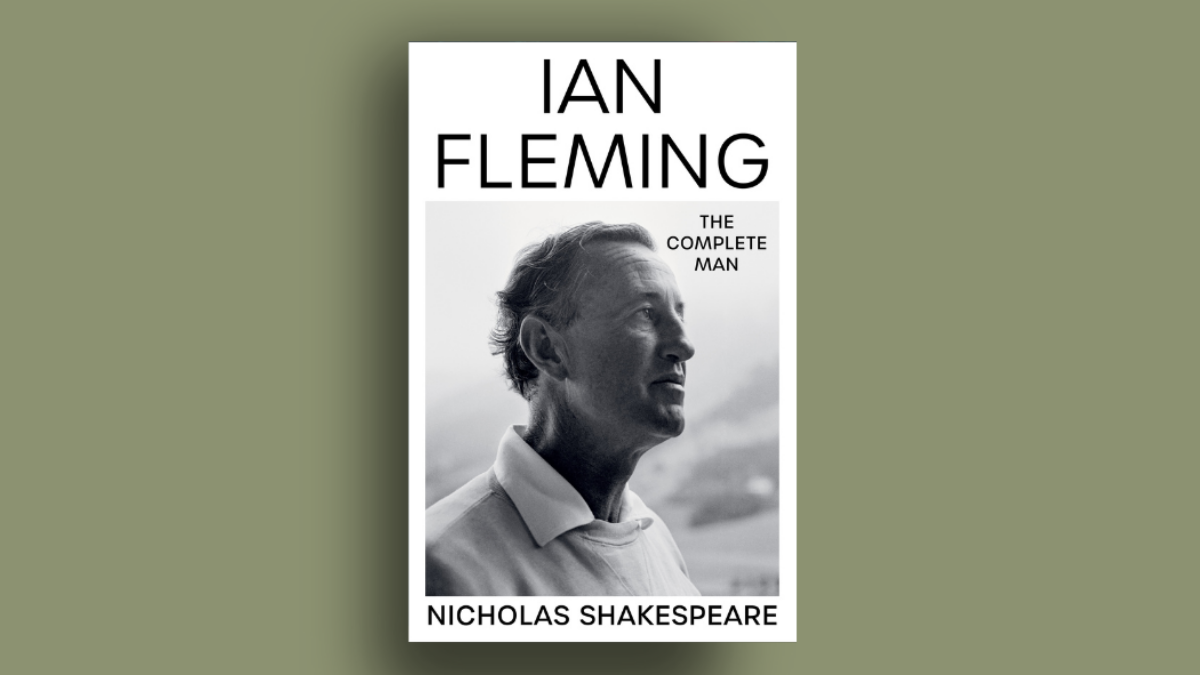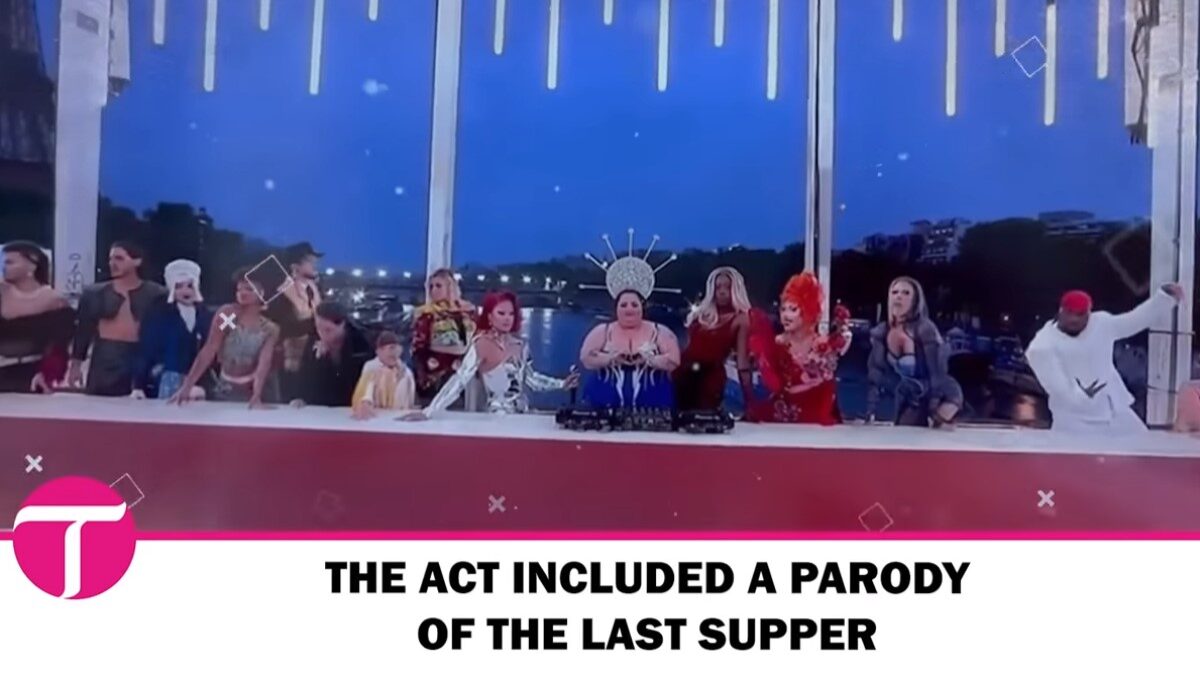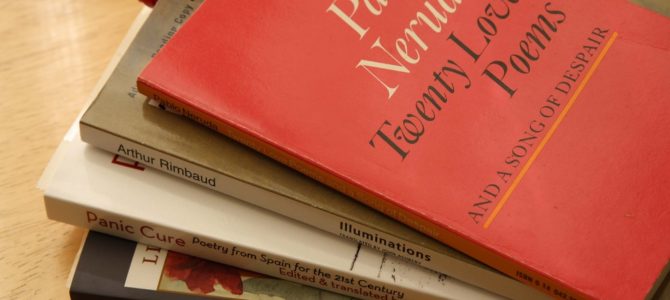
On July 24, The Nation’s poetry editors issued a statement condemning their own decision to run an “ableist” poem by writer Anders Carlson-Wee. The poem, which ran in the July 30 issue of the publication’s print magazine, was handily scrutinized by the Twitter mobs.
Carlson-Wee issued a disappointing mea culpa, but the political correctness hordes kept raging on. The poem’s crime? Causing “harm to members of marginalized communities” via “disparaging and ableist language.”
It’s a shame The Nation and Carlson-Wee are buckling under scrutiny. Poetry—and art in general—does not promise to keep us safe and cozy. It’s about expression, perspective, and reflecting on the human experience, in whatever way will resonate. Carlson-Wee’s poem is obviously provocative, perhaps even to the point of absurdity. You can tell this by the poem’s almost awkwardly edgy opening line: “If you got hiv, say aids.”
The Poem’s Message Has Been Lost
Midway through, the poem’s subject becomes clearer. “Don’t say homeless, they know you is” shows the reader where this poem is heading. The only part that could reasonably be construed as “ableist” (as the poetry editors suggest) is a line that reads, “If you’re crippled don’t flaunt it.”
But Carlson-Wee doesn’t appear to be making a strong value judgement about whether it’s good or bad to have a disability, or the dignity of the disabled person in question. For better or worse, “crippled” is a word we still regularly use, and if the idea is that the subject and speaker is homeless, it would be out of place to sanitize the language used.
Imagine if the writer had said “If you’re differently abled don’t flaunt it.” What would satisfy the politically correct crowds wouldn’t be true to the art form, and it leaves writers left in the lurch: should they attempt to create good art or just art that pleases the hypersensitive masses and their misplaced outrage?
The poem ends with, “Let em think they’re good enough Christians to notice. Don’t say you pray, say you sin. It’s about who they believe they is. You hardly even there.” The message is striking: many of us are hypocrites, too self-absorbed to pay any attention to the homeless, languishing on the streets and outside the bars and restaurants we frequent.
We call ourselves Christians, but do we actually live out Christ’s teachings? Too often, the answer is no, and this poem does not let us off the hook or excuse such behavior. It calls us to look deeper, to turn inward, to consider the plight of those we ignore out of convenience.
The Mobs Erase All, Eventually
But now, thanks to the political correctness mobs, this message has been lost. The critiques of the poem center around insensitivity: the author shouldn’t use African American Vernacular English (AAVE) or Ebonics. The author shouldn’t say the word “crippled” or be “disparaging” to marginalized groups.
But judging art by these frameworks sorely hinders creative expression and renders art useless. When you can’t adopt the language of a group, describe events in their lives, or tell stories about other people, what are you left with? And if we’re so concerned about speaking on behalf of groups we’re not a part of, why are so many leftists on Twitter speaking on behalf of homeless people, the ostensible subject of the poem?
Carlson-Wee’s work isn’t earth-shattering. But it’s worth paying attention to the degree to which The Nation’s editors are willing to strip their publication of controversy and offense, in service of illiberal mobs that will, over time, stamp out art and creative expression. It’s absurd that The Nation won’t stand up for this poet, and their original reading of the poem, and defend the publication against unwarranted, disproportionate backlash.
Instead, they say, “We are grateful for the insightful critiques we have heard, but we know that the onus of change is on us, and we take that responsibility seriously.” On one hand, their way of grappling with this incident is gracious and reflective. But their apology continues, “In the end, this decision means that we need to step back and look at not only our editing process, but at ourselves as editors.”
I’d agree with that. They need to consider to what degree they’re willing to stand by their writers and stay firm in their convictions. Editors at political publications should not back away from challenging their readers. The more we refuse to grapple with the bounds of art, culture, and ownership, the more censorious our social current will become, to everyone’s detriment.
As the writer Lionel Shriver said, in combatting the absurdity of the perpetually offended, “Who dares to get inside the very heads of strangers, who has the chutzpah to project thoughts and feelings into the minds of others, who steals their very souls?…Who is the premier pickpocket of the arts? The fiction writer, that’s who.”
Fiction writers–and, by extension, poets–must grapple with the difficult task of making sense of worlds and lives that they are not a part of. That doesn’t make them offensive, malicious, or otherwise cruel; it makes them artists. And now, in 2018, it makes them gutsy, given the prevailing tide of people attempting to bully creatives into submission.


